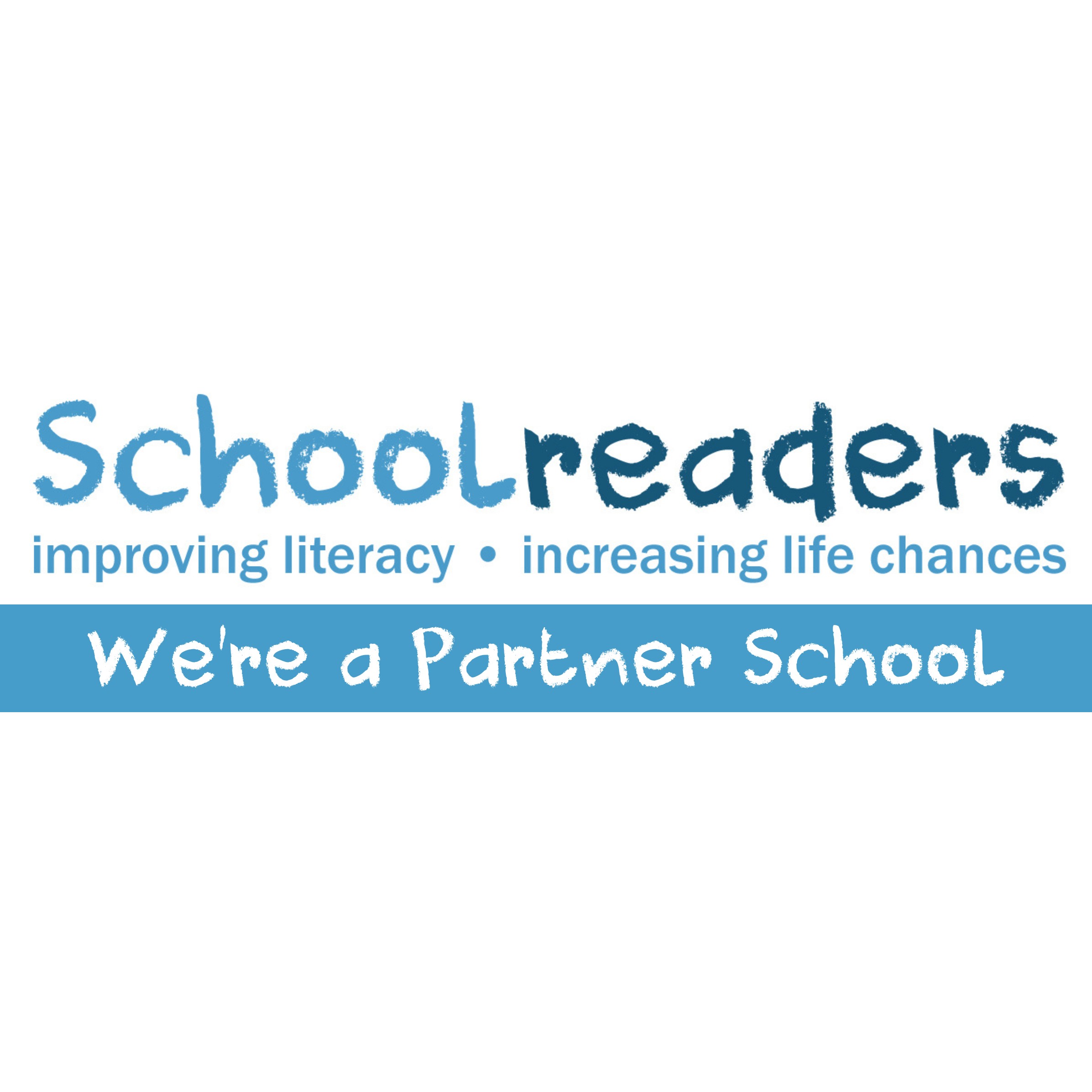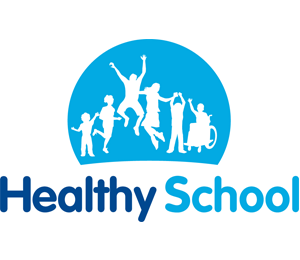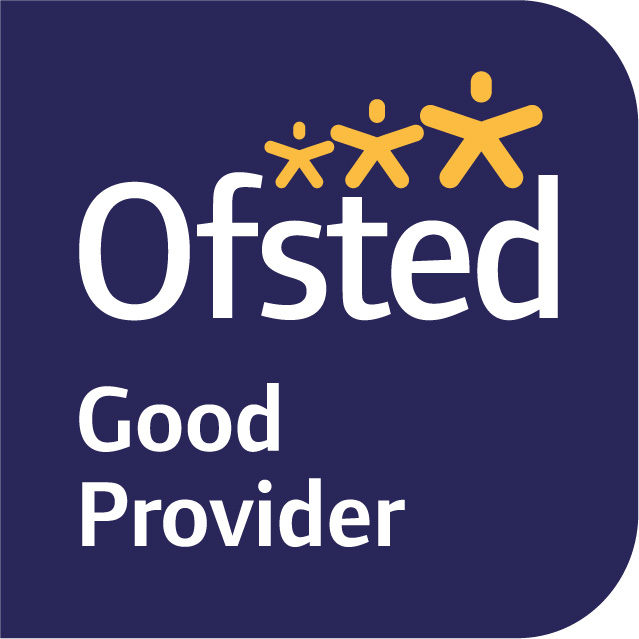Phonics and Reading
Visit our Reading Zone
Reading in Foundation Stage and Key Stage 1
Reading is fundamental to the development of every child and countless research projects show the links between developing good reading skills from an early age and future success in life. At Green Lane our aims are:
- To teach every child to become a fluent and confident reader
- To give children the reading skills necessary to enable their learning in all subjects
- That each child grows to enjoy reading in order that they become lifelong readers
This leaflet explains our approach and outlines how you can help your child at home.
For the teaching of early reading to be successful, it needs a balanced and creative approach which includes:
- The systematic teaching of phonics
- A focus on reading for meaning and reading for enjoyment
- The development and understanding of a rich spoken language and vocabulary
The Systematic Teaching of Phonics
Phonics is the process of connecting the sounds of spoken English with letters or groups of letters and then blending those sounds together to read and write words. We begin the teaching of reading with phonics because research indicates that when phonic knowledge is taught in a structured way it is a very effective way of teaching young children to read.
At Green Lane children are taught phonics using the DFE’s ‘Letters and Sounds’ programme. This is a phonics programme, divided into six phases of increasing complexity, designed to help children develop fluent word reading skills, and have a good foundation in spelling and writing.
More information can be found at: http://www.letters-and-sounds.com. This is a fantastic site which has some excellent interactive games that you can play at home with your child. The class teacher can give you information about which ‘Letters and Sounds’ Phase your child is currently working on.
Reading for Meaning and Enjoyment
Children need a range of approaches to become successful readers, therefore, alongside the teaching of phonics we also use Oxford Reading Tree as our main structured reading scheme. To assist their learning, your child will bring home their current reading book for further practice. This book will be changed regularly by the teaching staff depending on each child’s age and ability. Many of these books have useful prompts and questions inside the front and back covers for you to use and discuss with your child. Simply reading the words is not enough. This discussion and re-reading of the text is vital to help embed the total range of skills required to become a fluent reader – learning to read is a much more complex process than a race through a reading scheme.
Your child will also bring home a Reading Record Book in which you can record when you have shared the reading of their scheme book with him/her. However, whilst Reading Scheme books are valuable, it is also important that children read a wide variety of books/material. Therefore, in addition to the scheme books, other reading material/activities can be entered in their Reading Record Book – for example:
- Reading material chosen from home or from the local library
- Occasional comics
- Instructions for making a model or playing a game
- Phonics tasks sent home by the teacher
- Phonics games such as those found on: letters-and-sounds.com
In order to encourage reading for pleasure, and assist their progress, each time the Reading Record has twenty entries in it your child will receive a certificate in our Celebration Assembly.
Occasionally, when reading for pleasure in this way, children will choose books that they are not able to read fluently by themselves. These may be non-fiction, on a subject which interests them, or a favourite story that they are as yet unable to read alone. Supporting children to enjoy these books is just as important a part of helping children to learn to read as is hearing them read books they can read themselves. The role of parents in supporting these processes is vital.
Useful Information






